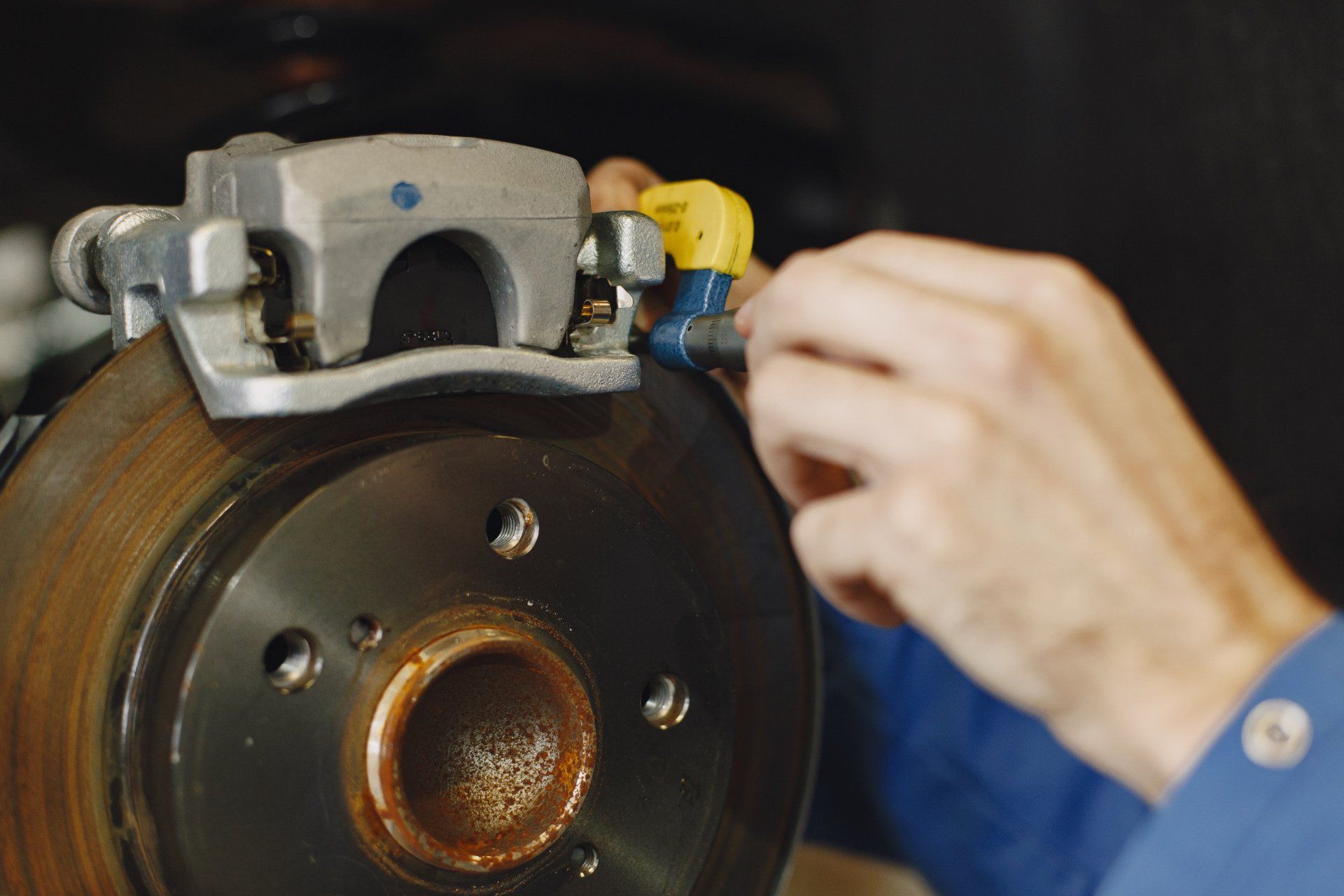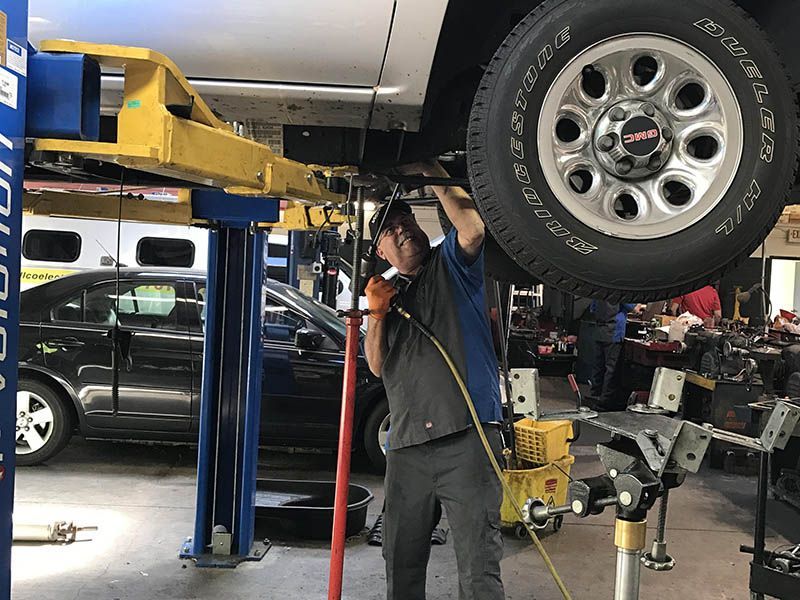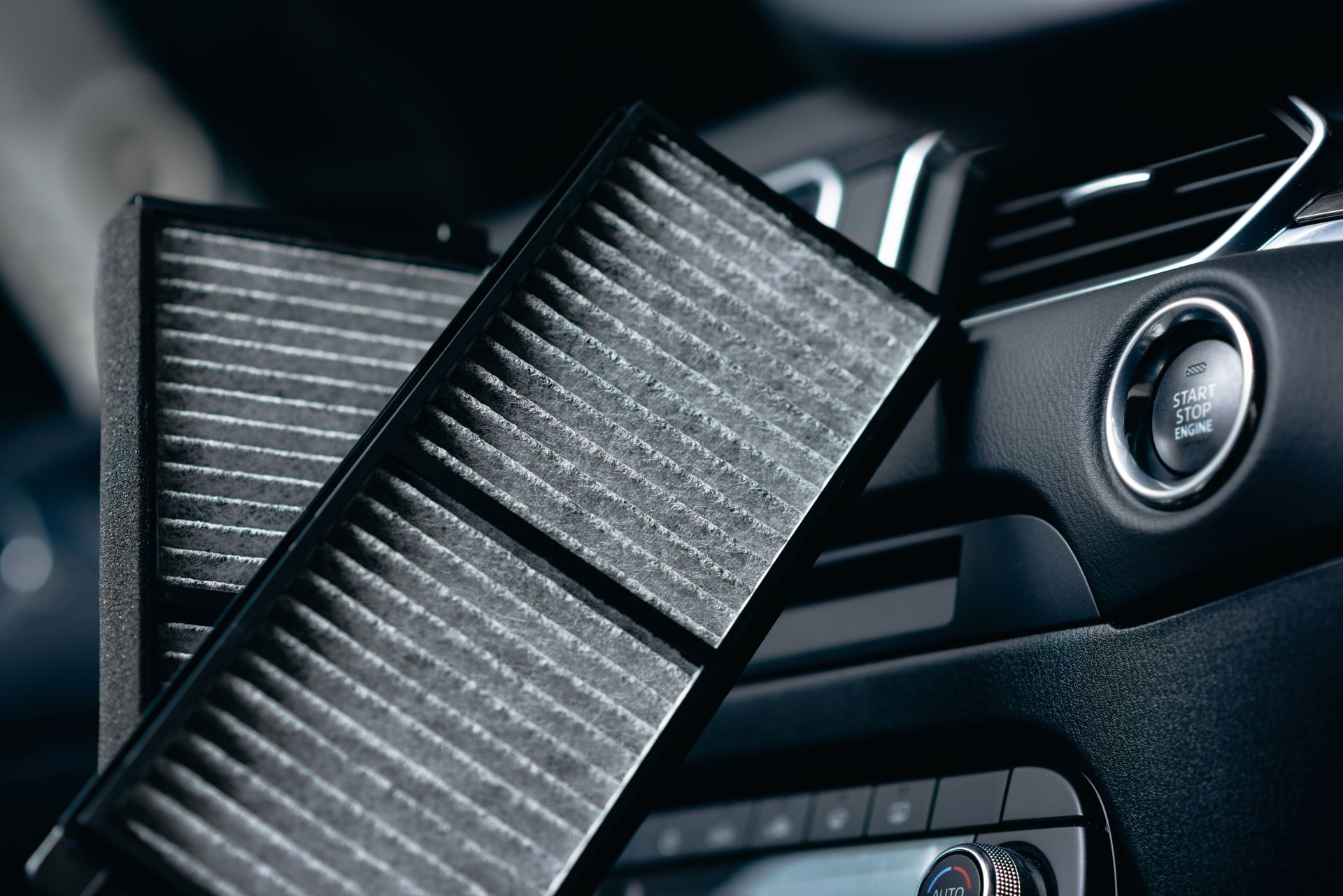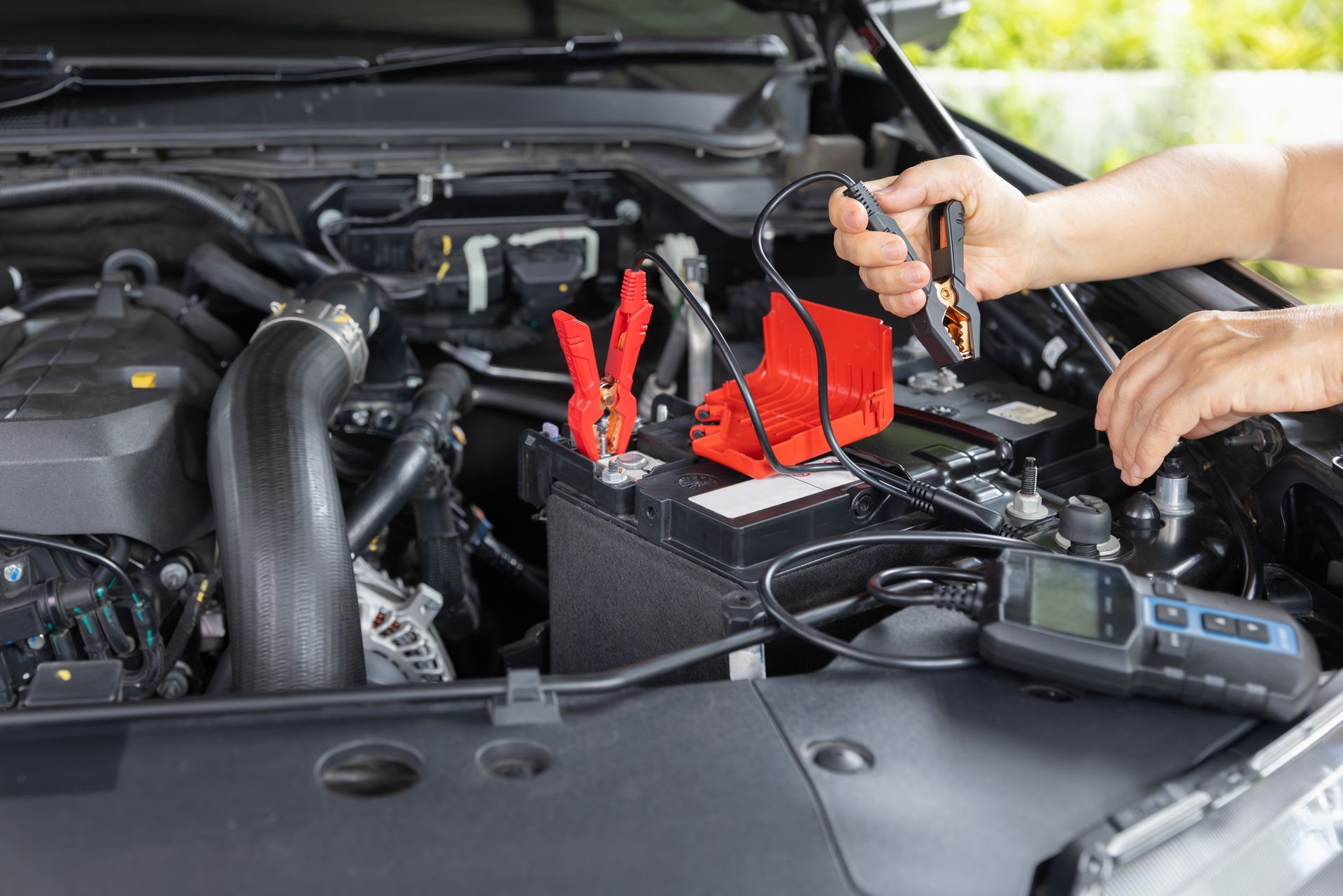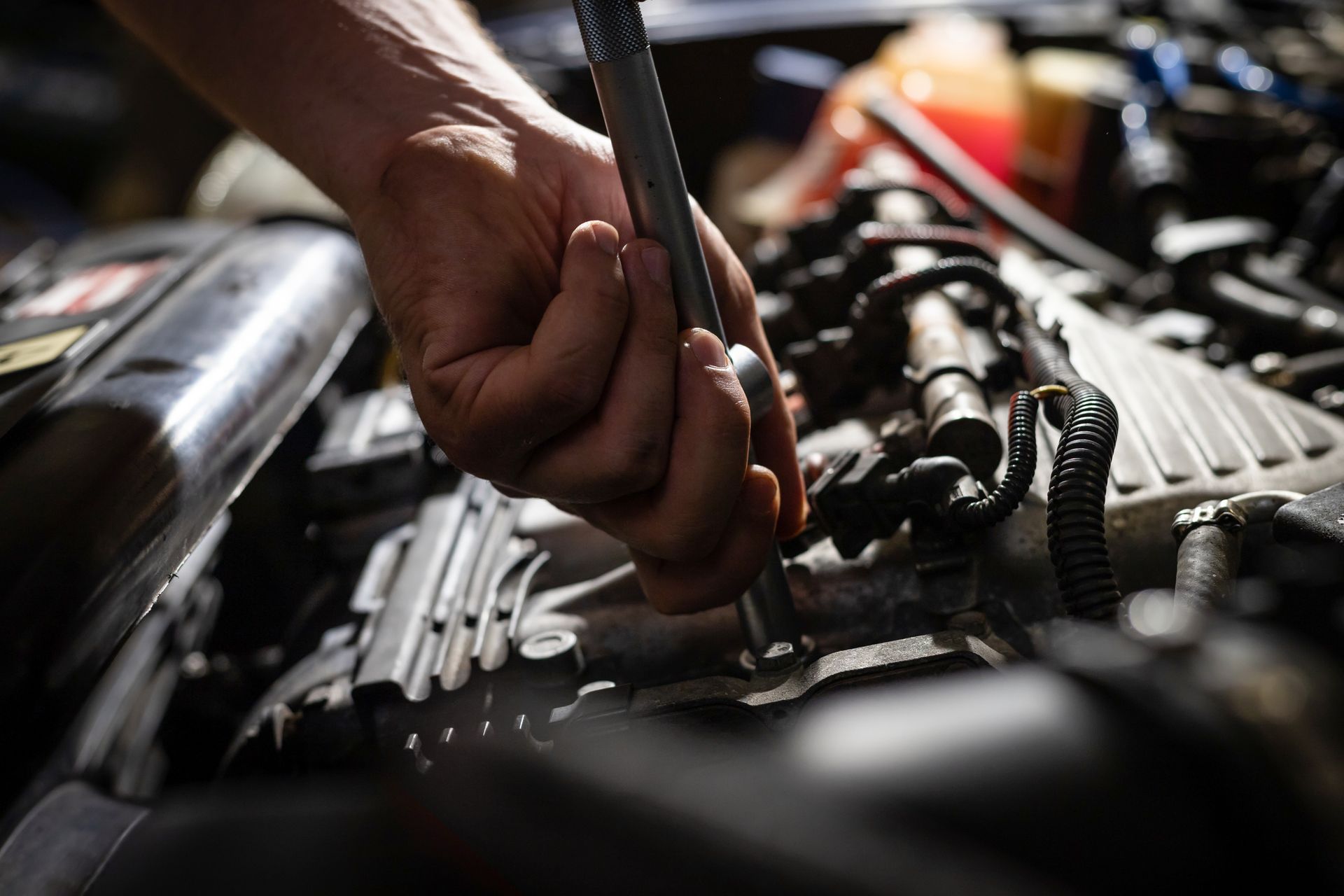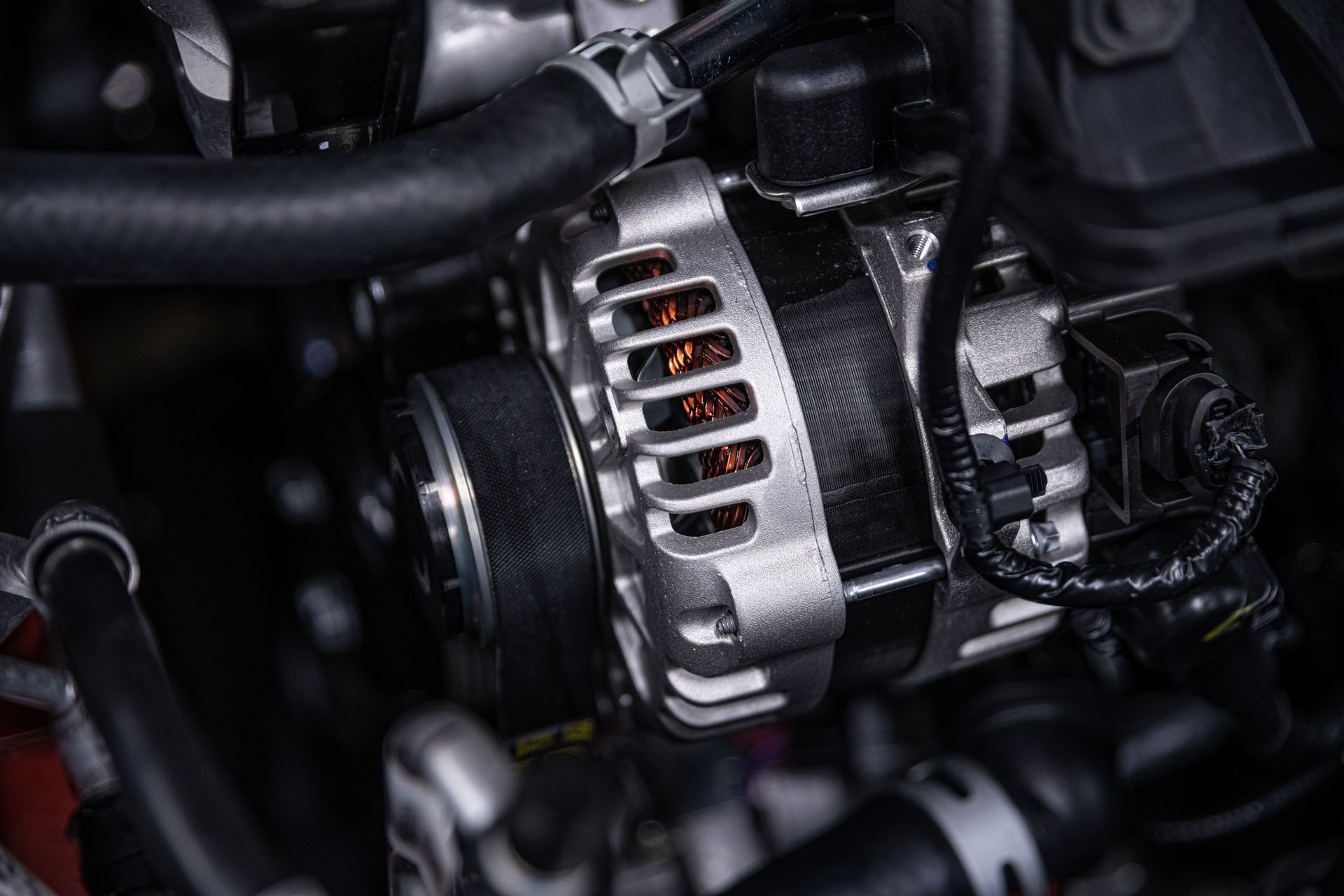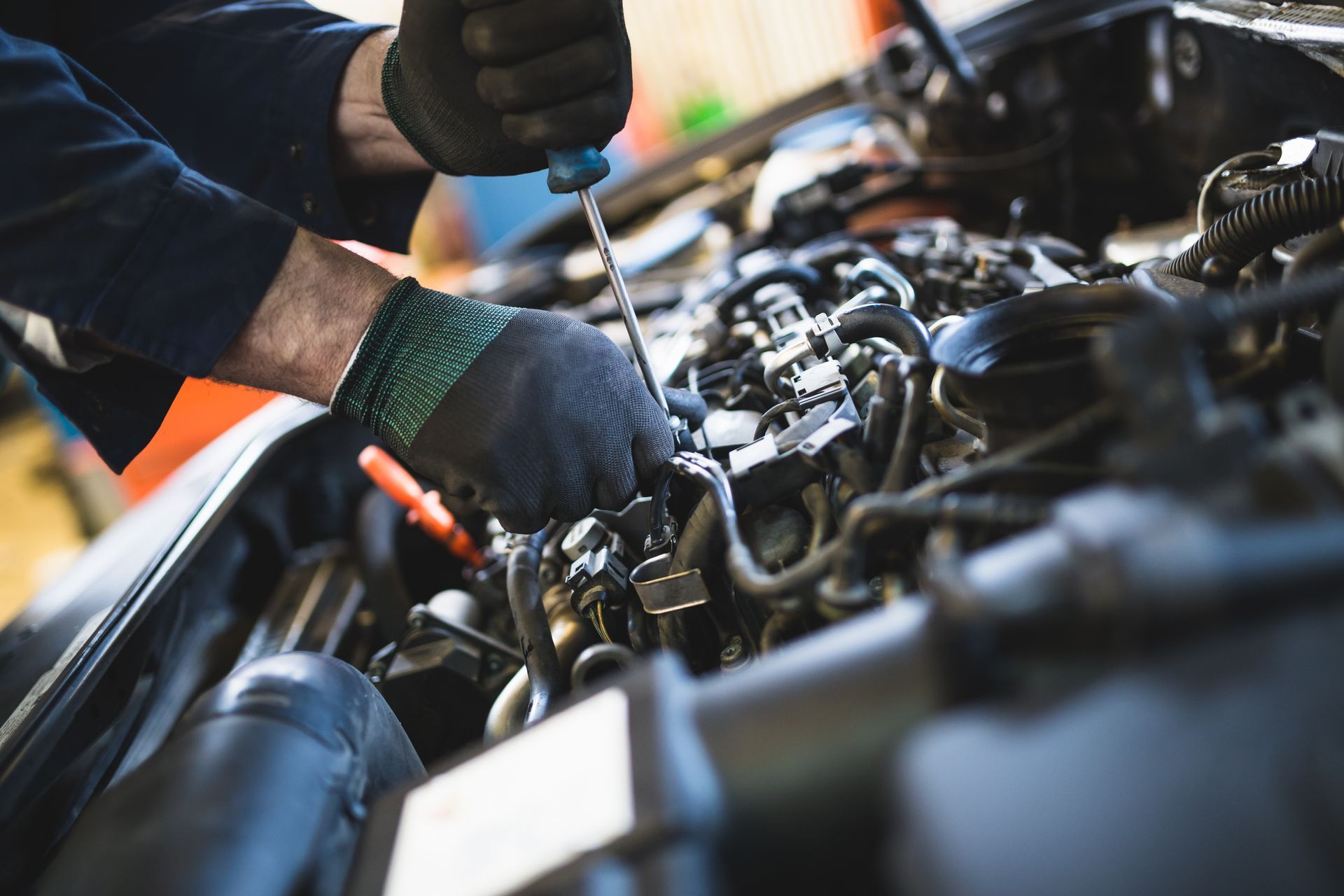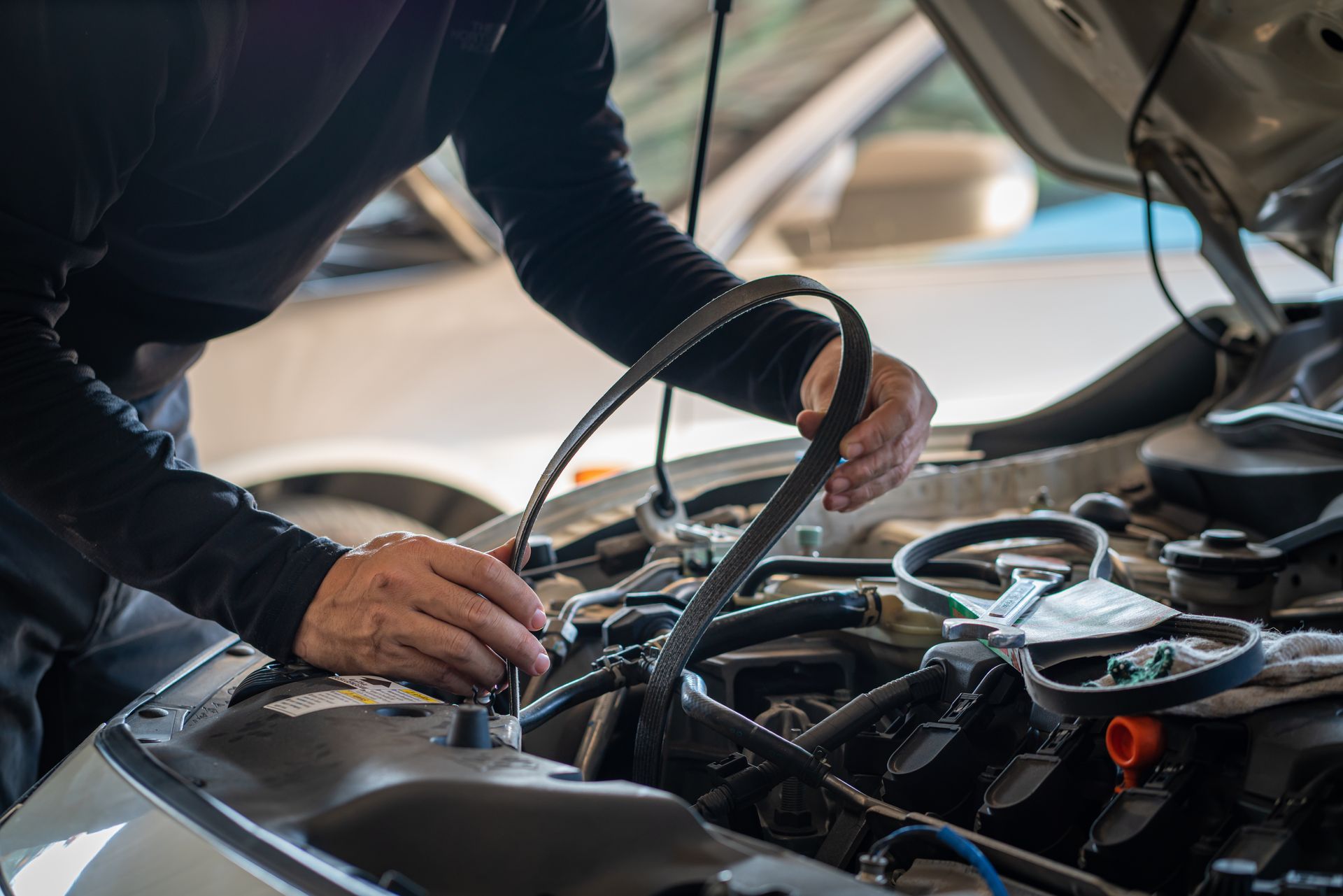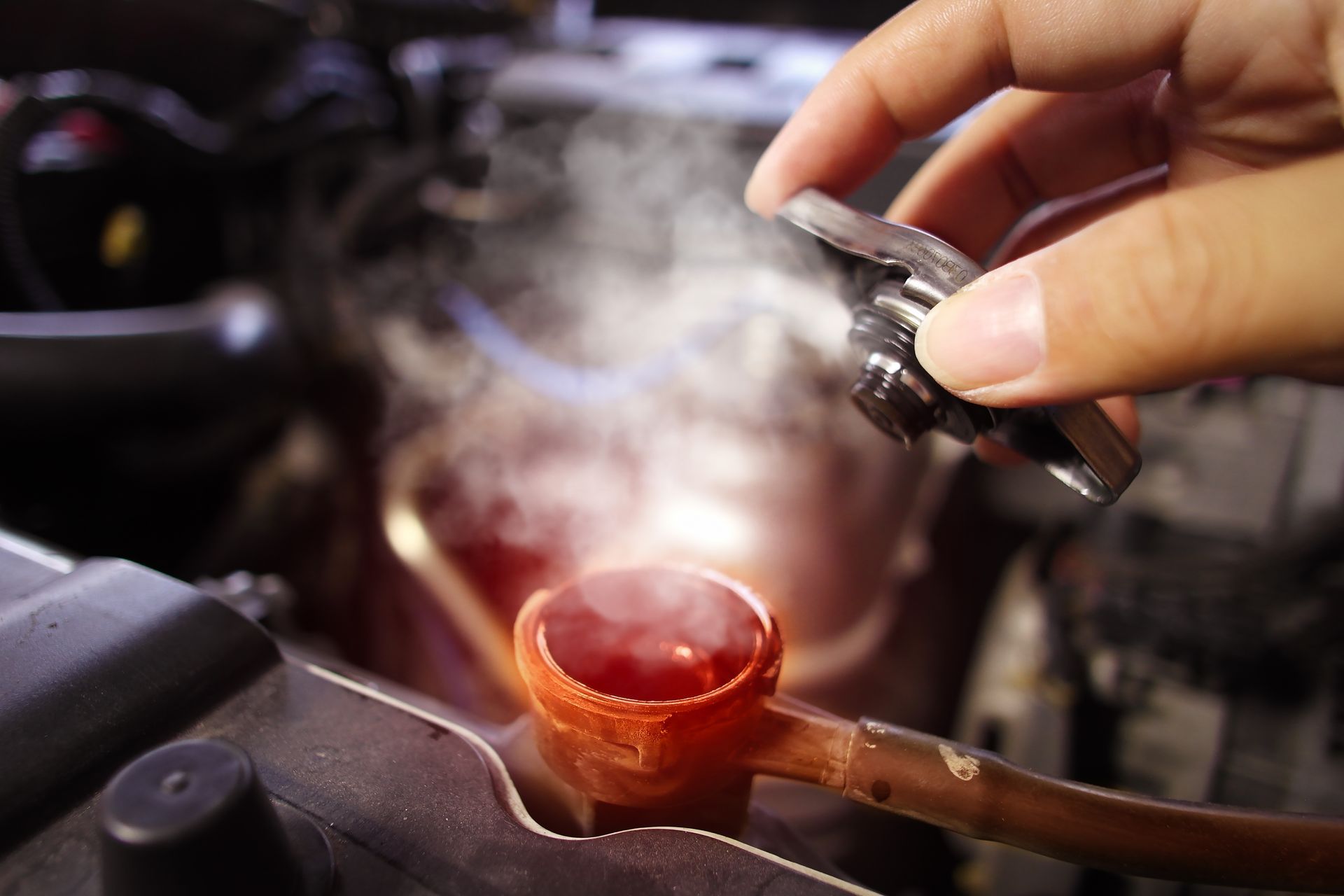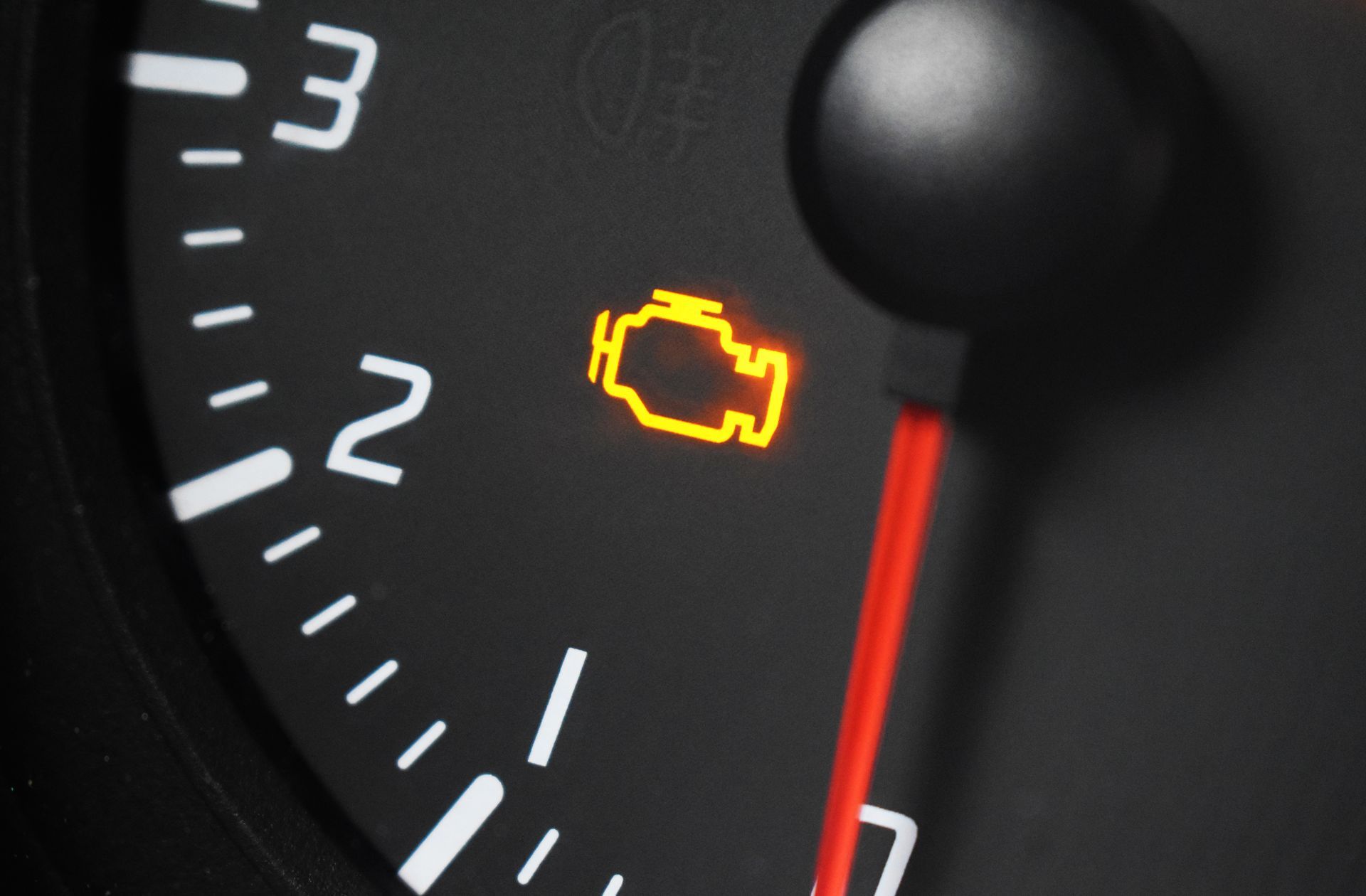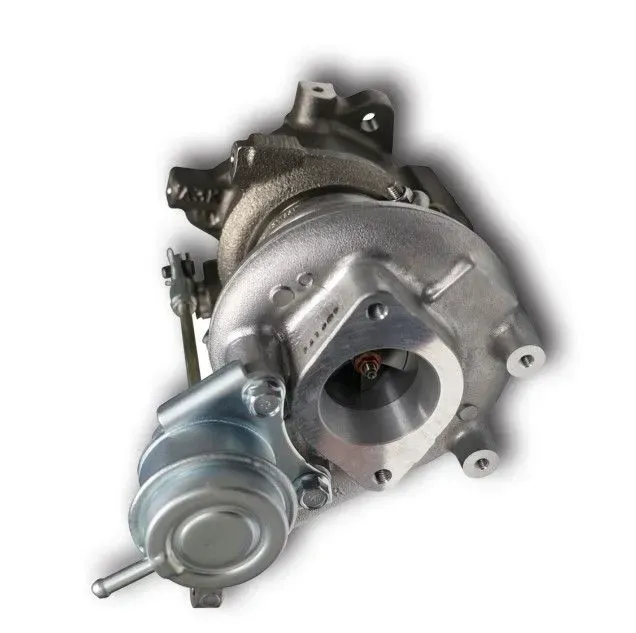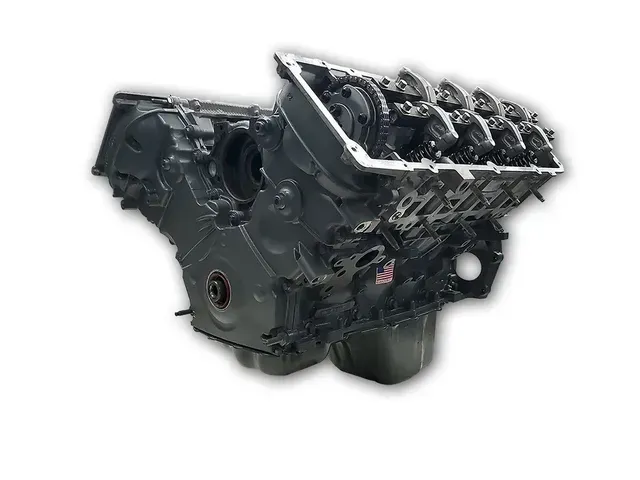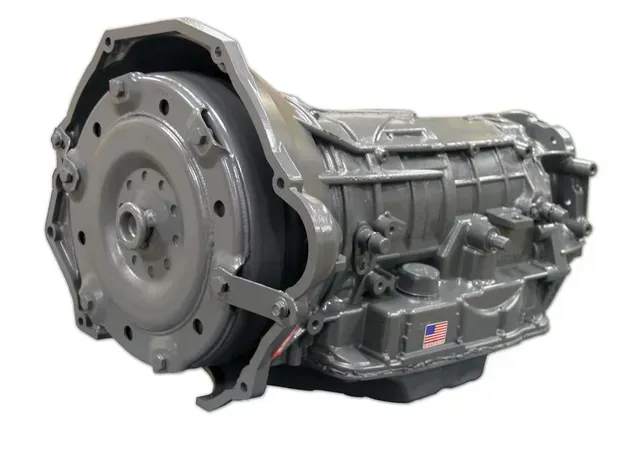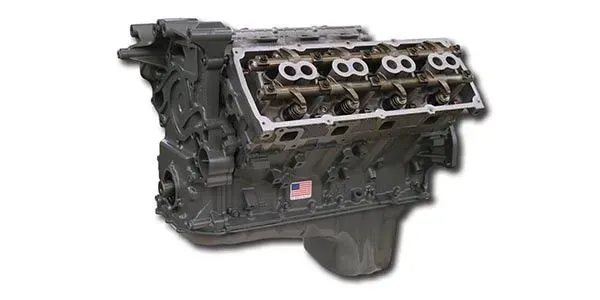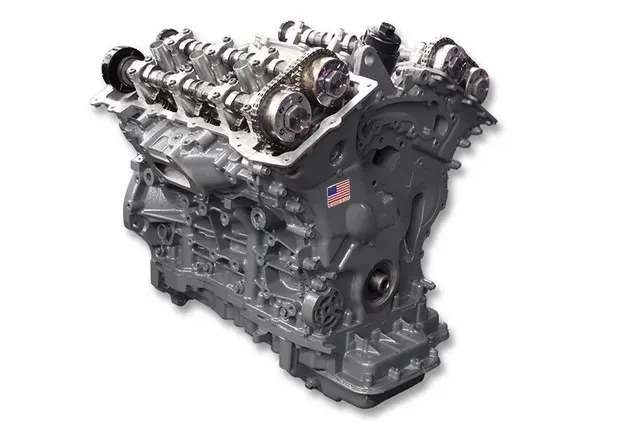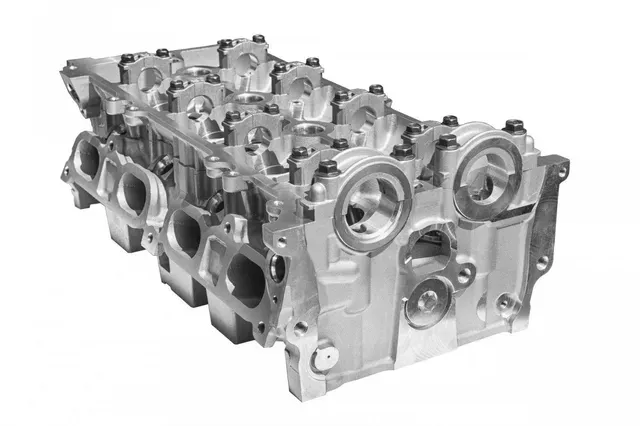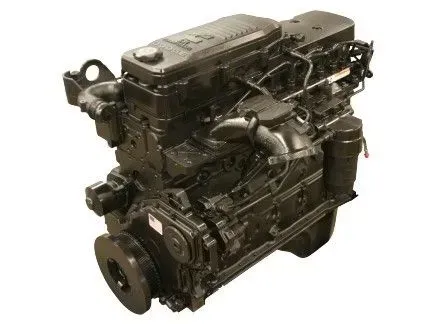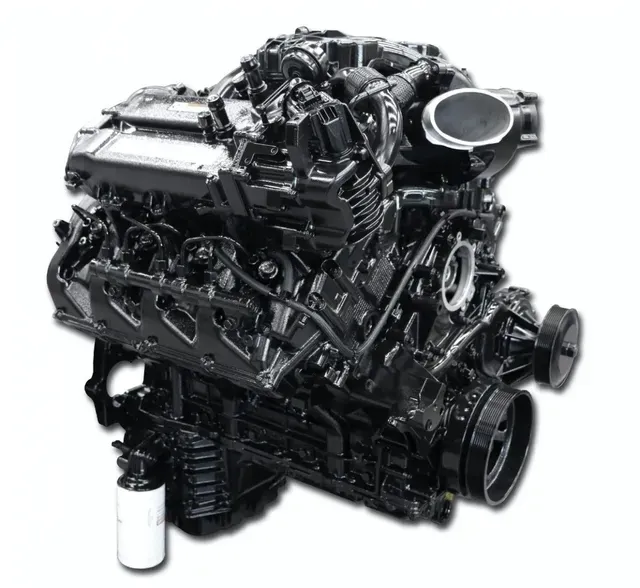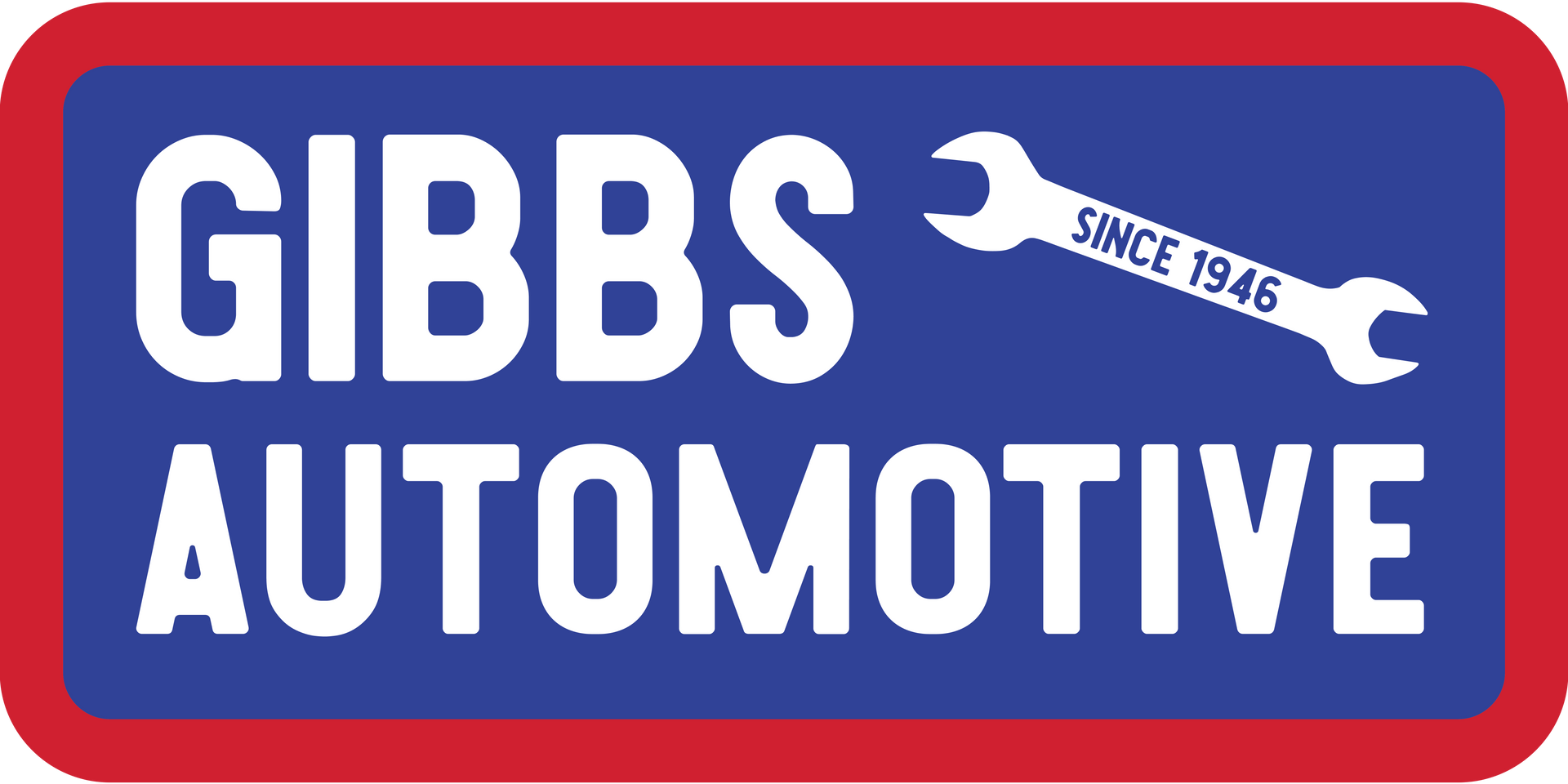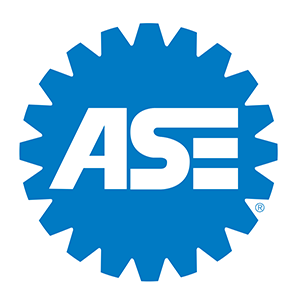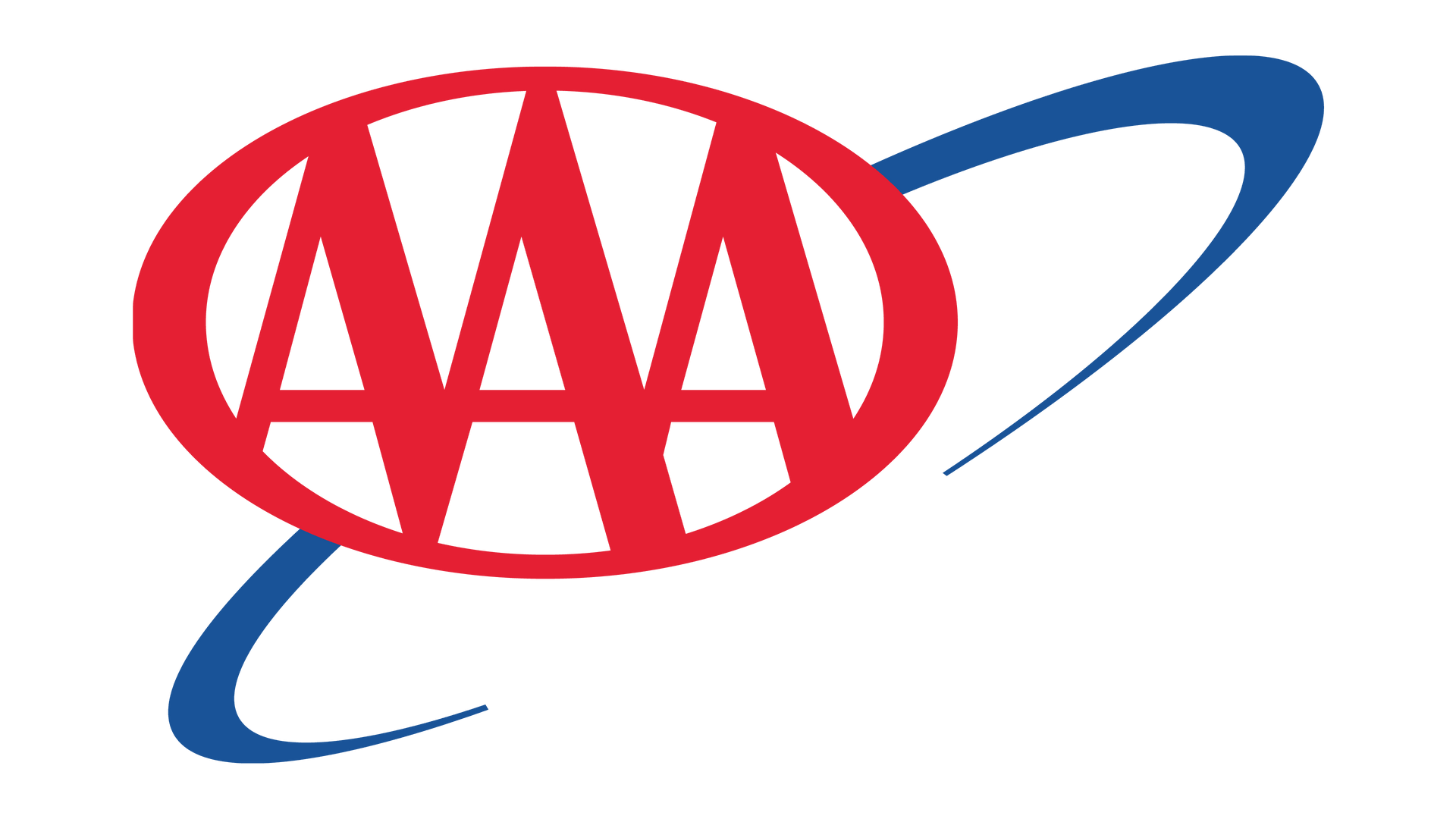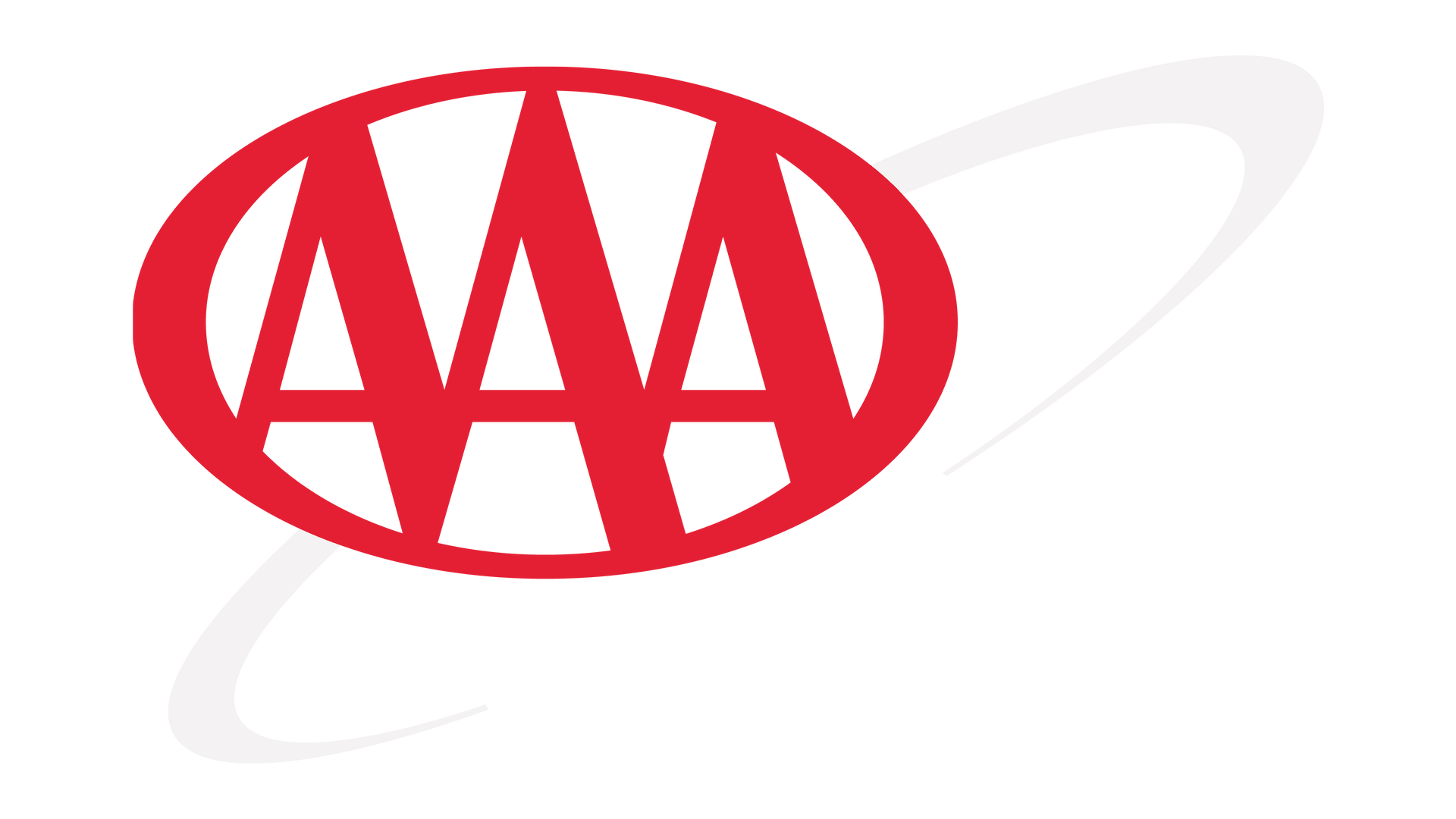May 23, 2025
Your vehicle's cabin air filter plays a crucial role in maintaining interior air quality and HVAC system performance. Many drivers in Conyers and throughout Georgia remain unaware this component exists or requires regular replacement, yet it directly impacts driving comfort, passenger health, and system longevity. A failing cabin air filter creates musty odors, reduces airflow, and allows contaminants to circulate throughout your vehicle's interior. Understanding how this filter works and when to replace it helps maintain optimal air quality and prevents costly HVAC repairs. Understanding Your Vehicle's Cabin Air Filter Function The cabin air filter serves as the primary barrier between outside air and your vehicle's interior environment. Located within the HVAC system, this filter captures airborne contaminants before they enter the passenger compartment through heating, ventilation, and air conditioning vents. Primary Functions: Traps dust, pollen, and particulate matter Blocks mold spores and bacteria Filters exhaust fumes and smog Prevents debris from entering HVAC components Maintains consistent airflow quality Similar to residential HVAC filters, automotive cabin air filters become less effective as they accumulate contaminants. When clogged, these filters restrict airflow and allow pollutants to bypass the filtration system entirely. Why Georgia Climate Demands Frequent Filter Changes Georgia's environmental conditions create particularly challenging circumstances for cabin air filters. Several factors accelerate filter contamination in this region: High Pollen Counts : Spring and summer months bring excessive tree, grass, and weed pollen that quickly clogs filter media. Elevated Humidity : Moisture promotes mold and mildew growth within dirty filters, creating persistent odors and health concerns. Road Dust : Construction zones, unpaved surfaces, and heavy traffic generate significant particulate matter that accumulates in filters. Extended Growing Season : Longer periods of plant activity mean continuous pollen production throughout most of the year. Urban Pollution : Vehicle emissions and industrial activity in metropolitan areas increase airborne contaminants. These conditions require more frequent filter inspection and replacement compared to drier, less polluted regions. Recognizing Cabin Air Filter Replacement Signs Several symptoms indicate your cabin air filter needs immediate attention: Reduced Airflow Volume : Vents produce noticeably less air movement even at maximum fan settings, indicating significant filter blockage. Persistent Odors : Musty, moldy, or sour smells from vents suggest bacterial or mold growth within a contaminated filter. Increased Interior Dust : Excessive dust accumulation on dashboard surfaces and seats indicates filter bypass or failure. HVAC System Noise : Blower motor strain from restricted airflow creates unusual sounds during operation. Allergy Symptom Escalation : Increased sneezing, congestion, or respiratory irritation while driving suggests compromised air filtration. Window Fogging Issues : Restricted airflow affects defogging performance, particularly problematic in humid conditions. Visible Filter Contamination : Dark discoloration, debris accumulation, or structural damage visible during inspection. Early recognition of these symptoms prevents system damage and maintains optimal air quality. Optimal Replacement Intervals for Georgia Conditions Manufacturer recommendations typically suggest cabin air filter replacement every 15,000 to 30,000 miles. However, Georgia's environmental conditions often require more frequent service intervals. Recommended Schedule for Georgia: Standard conditions: Every 12,000 to 15,000 miles High pollen areas: Every 8,000 to 12,000 miles Urban driving: Every 10,000 to 12,000 miles Severe conditions: Every 6,000 to 8,000 miles Factors Requiring Frequent Replacement: Regular driving during high pollen seasons Extended time in stop-and-go traffic Parking under trees or in dusty areas Operating with windows open frequently Living near construction or industrial zones Annual inspection regardless of mileage ensures optimal performance in Georgia's challenging climate. Consequences of Neglected Cabin Air Filter Maintenance Ignoring cabin air filter replacement creates multiple problems affecting comfort, health, and vehicle systems: HVAC System Damage : Restricted airflow forces blower motors to work harder, increasing wear and potentially causing premature failure requiring expensive repairs. Reduced Energy Efficiency : Overworked fans draw additional electrical power, placing extra load on the alternator and affecting fuel economy. Persistent Interior Odors : Accumulated moisture and organic matter in dirty filters create breeding grounds for mold and bacteria, producing unpleasant smells. Compromised Air Quality : Passengers breathe higher concentrations of allergens, pollutants, and particulates, particularly problematic for individuals with respiratory conditions. Impaired Visibility : Inadequate defogging performance creates safety hazards during humid weather or temperature changes. Increased Cleaning Requirements : More dust and debris enter the interior, requiring frequent cleaning of surfaces and upholstery. Regular filter replacement prevents these issues while maintaining system efficiency and passenger comfort. Selecting Appropriate Cabin Air Filter Types Cabin air filters come in several configurations designed for different performance levels and specific needs: Standard Particulate Filters : Basic paper or synthetic media that captures dust, pollen, and larger particles effectively for general use. High-Efficiency Filters : Enhanced filtration media removes smaller particles including fine dust, bacteria, and some exhaust particles. Activated Carbon Filters : Charcoal-impregnated media absorbs odors, gases, and chemical fumes while providing standard particulate filtration. HEPA-Style Filters : Hospital-grade filtration removes microscopic particles and allergens for maximum air quality improvement. Electrostatic Filters : Washable synthetic media that captures particles through static charge, offering reusable filtration option. Professional technicians can recommend the optimal filter type based on your vehicle specifications, driving conditions, and air quality preferences. Professional Installation and Maintenance Benefits While some cabin air filters are accessible for DIY replacement, professional service ensures proper installation and system evaluation: Correct Filter Orientation : Proper installation direction maintains optimal airflow and filtration efficiency. System Inspection : Technicians check HVAC components for damage or debris that might affect performance. Housing Cleaning : Professional service includes cleaning the filter housing to remove accumulated contaminants. Performance Testing : Post-installation testing verifies proper airflow and system operation. Maintenance Schedule : Professionals establish appropriate replacement intervals based on local conditions and driving habits. Warranty Protection : Professional installation often includes service warranties and guarantees. Expert service maximizes filter performance and identifies potential HVAC issues before they require major repairs. Maintaining Optimal Indoor Air Quality Beyond regular filter replacement, several practices help maintain excellent cabin air quality: Use Recirculation Mode : During heavy traffic or high pollution periods, recirculate interior air to reduce outside contaminant exposure. Park Strategically : Choose covered or indoor parking when possible to minimize pollen and dust accumulation. Regular Interior Cleaning : Vacuum carpets and clean surfaces frequently to remove particles that bypass filtration. Window Management : Keep windows closed during high pollen days and use HVAC system for air circulation. Professional Detailing : Periodic deep cleaning removes embedded contaminants from upholstery and ventilation systems. These practices complement proper filter maintenance for optimal air quality and system performance. Expert Cabin Air Filter Service in Conyers Regular cabin air filter maintenance protects your health, maintains system efficiency, and prevents expensive HVAC repairs. Professional automotive service includes comprehensive filter inspection, proper replacement procedures, and system performance evaluation. Quality filter service ensures clean, comfortable driving conditions regardless of Georgia's challenging environmental conditions. Certified technicians identify the right filter type for your specific needs and establish appropriate maintenance schedules. Contact Gibbs Automotive at (770) 761-1119 or schedule service online for professional cabin air filter inspection and replacement in Conyers, Georgia.

